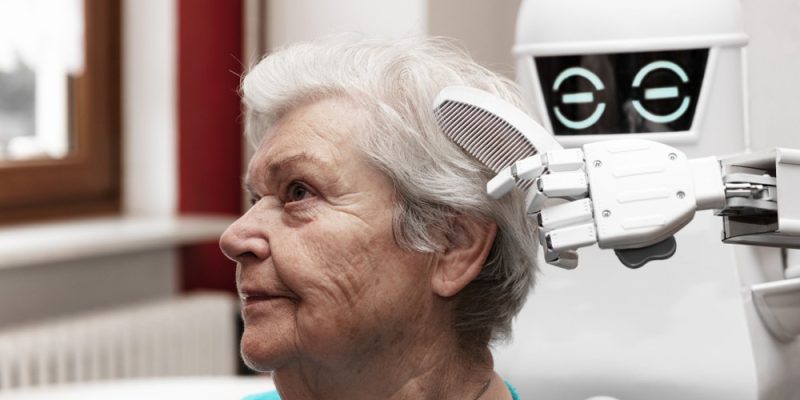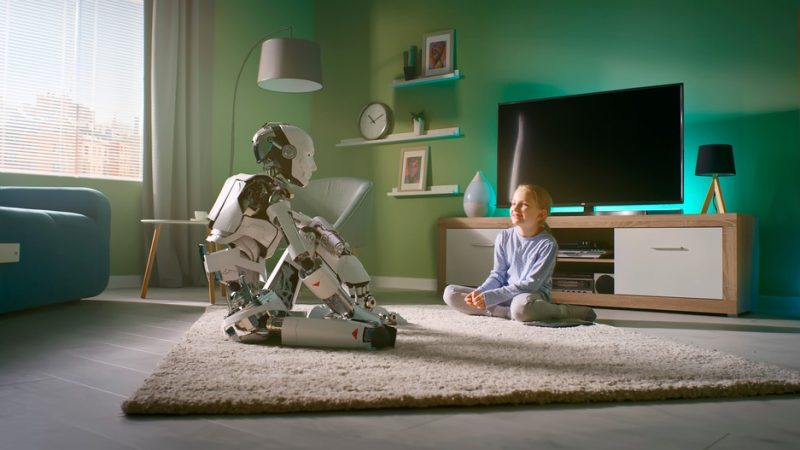
AI in Home Care: How is it Used?
Artificial intelligence (AI) is rapidly transforming many industries, and healthcare is no exception. One area where AI is having a significant impact is in home care. AI-powered tools and devices are enabling seniors and people with disabilities to live more independently, while also helping care providers deliver more efficient and effective services. In this article, we’ll explore the ways in which AI is revolutionizing home care.
Home Care Uses of AI
Here you can read more about the use of artificial intelligence in home care:
Virtual Nurse Assistants
One of the most promising applications of AI in home care is the development of virtual nurse assistants. These digital assistants can be accessed through smartphones, tablets, or smart speakers, and are capable of answering questions, reminding patients to take their medications, and even detecting early signs of health problems. Some virtual nurse assistants, like the one developed by Catalia Health, use natural language processing and machine learning to personalize their interactions with patients.
Digital Companionship
AI-powered digital companions are also becoming more popular in home care. These devices, which can take the form of robots or chatbots, provide companionship and emotional support to patients. They can engage in conversations, play games, and even provide entertainment through music and videos. For patients who are isolated or feel lonely, digital companions can offer a much-needed source of social interaction.
Portable Devices and Wearables

Another way in which AI is being used in home care is through portable devices and wearables. These devices, which can be worn on the body or carried in a pocket or purse, can monitor vital signs like heart rate, blood pressure, and blood sugar levels. They can also track movement and detect falls, allowing care providers to respond quickly in the event of an emergency.
Smart Home Hubs and Monitoring Systems
AI-powered smart home hubs and monitoring systems are also making it easier for seniors and people with disabilities to live independently. These systems can control everything from lighting and temperature to security and entertainment. They can also detect unusual activity or patterns, such as prolonged periods of inactivity, and alert care providers if necessary.
Smart Implants
Artificial intelligence is being used to develop smart implants that can monitor and regulate bodily functions. For example, smart pacemakers can detect irregular heartbeats and adjust pacing accordingly. Smart prosthetics can be controlled with the mind, allowing patients to perform everyday tasks more easily. And smart insulin pumps can automatically adjust insulin levels based on blood glucose readings.
What Else to Read?
If you want to learn other ways to use artificial intelligence at home, you can read our guides. Learn how to protect your home using AI, how to decorate it or what smart home robots you can use.
To Sum It Up
AI is transforming the way home care is provided. From virtual nurse assistants and digital companions to portable devices and smart implants, AI-powered tools and devices are making it easier for seniors and people with disabilities to live independently and for care providers to deliver more efficient and effective services. As AI continues to advance, we can expect even more innovative and life-changing applications in home care and beyond.




















